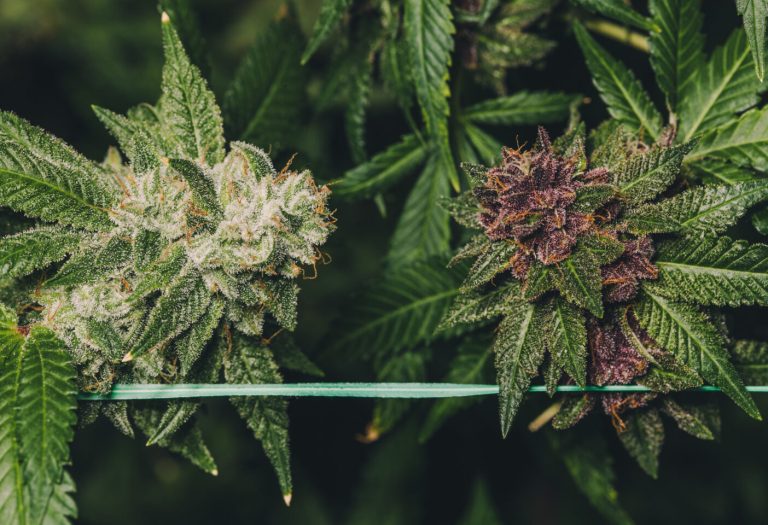Regulators in Alabama last week abruptly suspended the process of awarding business licenses for the state’s new medical cannabis program, citing the “discovery of potential inconsistencies” in the application process.
During an emergency meeting on Friday, the Alabama Medical Cannabis Commission voted to “stay all proceedings related to the current offering of medical cannabis business licenses.”
The commission said that the stay was issued following the “discovery of potential inconsistencies in the tabulation of scoring data” used to evaluate applications for business licenses. During the commission, the commission said that it will “seek an independent review of all scoring data.”
“The Commission will work expeditiously to investigate and identify inconsistencies in the score data,” said Alabama Medical Cannabis Commission director, John McMillan. “Out of an abundance of caution, we are suspending all current procedural timelines until those matters are resolved.”
In a press release on Friday, the commission did not provide a timetable for the length of the stay, saying only that it will “remain in effect until lifted by the Commission.”
The stay will impact the following procedural requirements of the medical cannabis program, per the press release: “Applicants who were awarded a license on June 12, 2023, are not required to pay the license fee by June 26, 2023; Applicants who were denied award of license on June 12, 2023, are not required to submit a request for investigative hearing by June 26, 2023; Licenses that were awarded on June 12, 2023, will not issue on July 10, 2023.”
The stay marks a sudden reversal for the commission, which last week had kicked off the process of awarding around 90 business licenses for the new medical cannabis program.
At the time of the announcement, the Medical Cannabis Commission said that the “University of South Alabama (USA) was engaged… to coordinate the application review process and recruit evaluators to assess the scored exhibit items for all 90 applicants.”
“[The University of South Alabama] utilized 66 evaluators, with experience relevant to the application content, to review one of eight scoring categories: (1) Financial Ability; (2) Business/Management Approach; (3) Operations Plans & Procedures; (4) Facility Suitability & Infrastructure; (5) Security Plan; (6) Personnel; (7) Quality Control & Testing; or (8) Marketing & Advertising. Each scored exhibit was independently reviewed by two evaluators to assess the applicant’s solvency, stability, suitability, capability, projected efficiency, and experience, both in relation to any baseline set by the Commission as well as in comparison with other applicants,” the commission explained.
“Those applicants who were awarded a license will have 14 days to submit the appropriate license fee to the Commission. At its meeting on July 10, 2023, the Commission is scheduled to issue licenses in each license category,” the commission continued. “Under the rules promulgated by the Alabama Board of Medical Examiners, physicians may begin the certification process to recommend medical cannabis after business licenses have been issued. For a patient to qualify for medical cannabis, the patient must have at least one of the qualifying conditions and be recommended for medical cannabis by a certified physician.”
Now, all of that has been paused until further notice, leaving the immediate future of the new law shrouded in uncertainty.
Alabama legalized medical cannabis in 2021, when Republican Gov. Kay Ivey signed a bill making the treatment available to certain individuals with qualifying conditions.
“This is certainly a sensitive and emotional issue and something that is continually being studied,” Ivey said after signing the bill into law. “On the state level, we have had a study group that has looked closely at this issue, and I am interested in the potential good medical cannabis can have for those with chronic illnesses or what it can do to improve the quality of life of those in their final days.”
